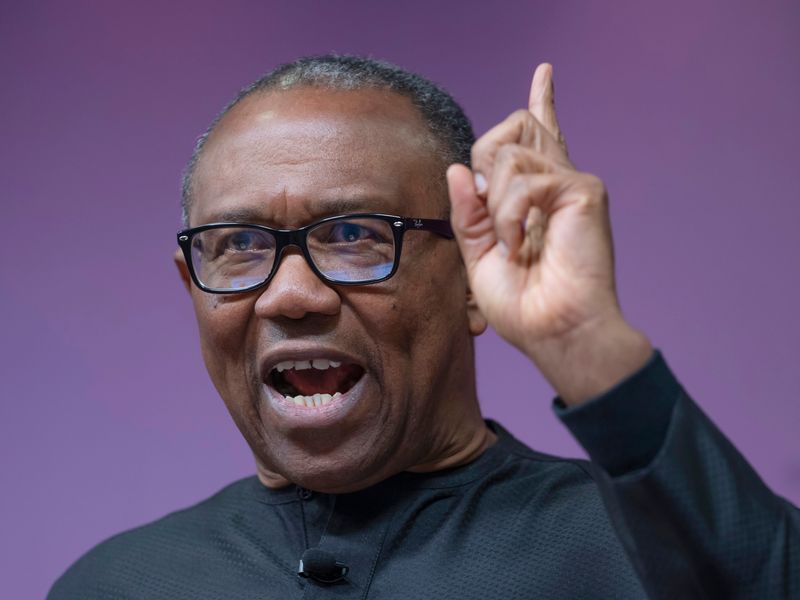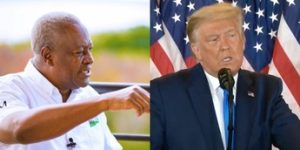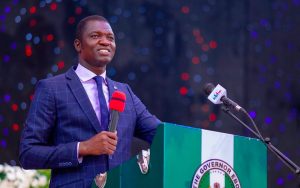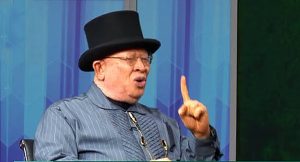Former presidential candidate, Peter Obi, don express concern about di power wahala wey still dey happen for Nigeria afta national grid collapse again.
Naija FM Online report say Nigerians see blackout again for Tuesday as national power grid collapse once more. Since January 2024 reach today, di grid don collapse 10 times. For October alone, di grid collapse three times for one week, wey cause serious blackout wey make Nigerians dey vex.
Obi talk on di matter for statement wey im post on X on Wednesday, as im compare Nigeria power palava wit South Africa wey just get seven months of light without interruption. “Again, yesterday the now regular news came that the National Grid had collapsed once again. Just a few days ago, on the 25th of October, South Africa that was the second-largest economy in Africa behind Nigeria until recently, with a quarter of our population, celebrated seven months of uninterrupted power supply. South Africa generates and distributes about 40,000 MW of electricity, while Nigeria struggles to generate and distribute just 10% of that.”
Obi talk say dis power wahala dey affect all Nigerians, no matter di tribe or religion, as e reject any idea say some people dey benefit pass others for di energy sector. “Is there any tribe in Nigeria that enjoys uninterrupted power supply like South Africa? I am labelled a tribal bigot. When I ask if any religion enjoys special privileges in this crisis, I am called a religious bigot. But I will continue to speak the truth about our situation today,” he tok.
Obi emphasise say solution no dey for tribal or religious division, but for collective action and visionary leadership. “The fact remains that we are all suffering equally from this failure,” im tok.
Im encourage Nigerians make dem forget “primordial sentiments” and focus on electing leaders wey fit move di country forward. Obi talk say Nigeria need leaders wey go transform di country from consumer-driven economy to productive one, wey go invest for areas like health, education, and infrastructure. “We must set aside these primordial sentiments and elect leaders who are competent, capable, and have the vision to transform our nation from a consumer-driven economy to a productive one by investing our meagre resources in critical areas of development like health and education, lifting our people out of poverty, and ensuring increased electricity production and distribution.”







